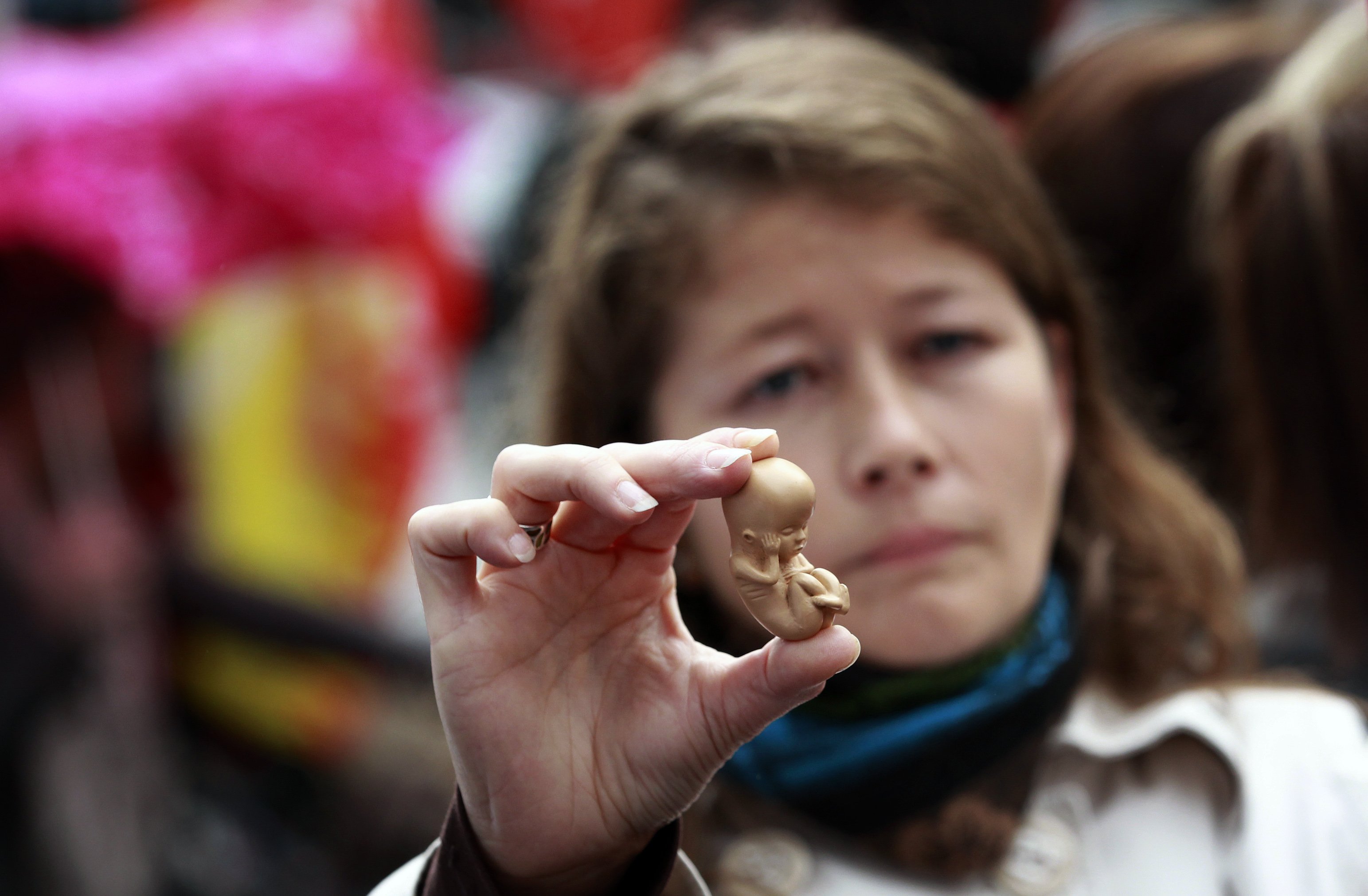The general secretary of the US Conference of Catholic Bishops, Mgr Jeffrey Burrill, has resigned following an approach to the conference by The Pillar, an online news outlet covering the Catholic Church, which claims to have uncovered evidence of a “pattern of sexual misconduct” on Burrill’s part.
USCCB president Archbishop José H. Gomez of Los Angeles said that Mgr Burrill, conference general secretary since last November, had resigned after the USCCB “became aware of impending media reports alleging possible improper behaviour”.
Gomez said he had accepted Burrill’s resignation with immediate effect: “What was shared with us did not include allegations of misconduct with minors. However, in order to avoid becoming a distraction to the operations and ongoing work of the conference, Monsignor has resigned.”
Despite the resignation, The Pillar went ahead and published its report, which it said was based on covert tracking and analysis of Mgr Burrill’s mobile phone data, allegedly revealing his use of a dating app. The Pillar said an analysis of commercially available app signal data correlated to Burrill’s mobile device showed that he had “visited gay bars and private residences while using a location-based hookup app in numerous cities from 2018 to 2020”.
The data “does not identify the names of app users, but instead correlates a unique numerical identifier to each mobile device using particular apps”, The Pillar said, claiming the mobile device correlated to Burrill-emitted data signals from the app Grindr on a near-daily basis during parts of 2018, 2019, and 2020.
Religion News Service journalist Steven P. Millies described The Pillar’s investigation as “unethical, homophobic innuendo”. Jesuit priest and author Fr James Martin called it a witch-hunt: “Regardless of the actions of the priest who was forced to resign today, is there any indication that an actual ‘investigation’ took place? Or did these writers simply buy data from an unscrupulous source, and one possibly breaking the law? One has to ask: ‘Cui bono?’”
Fr Thomas Berg, a professor of moral theology at St Joseph’s Seminary in Yonkers, New York told The Pillar that, “according to canon law and the Church’s tradition, clerics are obliged to observe ‘perfect and perpetual continence’, as a reflection of what should be our lived pursuit of our spousal relationship with the Church and with Christ.”
However, Catholic author Dawn Eden Goldstein, who has written extensively on the misuse of data and networks within the US Catholic Church, warned that The Pillar had “set a terrible new precedent for invasion of privacy ... The Pillar, in using mobile data to attempt to try and convict a priest, has entered into truly new territory for a Catholic media outlet claiming to do investigative journalism. Such ‘journalism’ sets a terrible precedent. It harms the judicial process – and thus harms victims,” said Goldstein, herself a survivor of sexual abuse.
John Davisson, senior counsel at the Electronic Privacy Information Center, said there are brokers charging thousands of dollars a month for huge volumes of location data, some of which is marketed not just to advertisers but to landlords, bail bondsmen and bounty hunters. He said that someone looking to “reverse engineer” a particular person’s data from that bulk package could potentially get it from any of the many customers in the data chain: “It is surprisingly and disturbingly cheap to obtain location data derived from mobile phones.”
The Society of Professional Journalists’ Code of Ethics offers several principles that seem to have come into play in the Burrill case, including that journalists should “identify sources clearly. The public is entitled to as much information as possible to judge the reliability and motivations of sources”. The Catholic Media Association of the US and Canada in its Fair Publishing Practices Code also emphasise the need to identify sources of information.
In a statement, Grindr called The Pillar’s report an “unethical, homophobic witch-hunt”, and said it does “not believe” it was the source of the data used, adding that it has systems in place to protect personal data.
29 July 2021, The Tablet
Tracking of phone data leads to resignation of senior priest

 Loading ...
Loading ...
Get Instant Access
Subscribe to The Tablet for just £7.99
Subscribe today to take advantage of our introductory offers and enjoy 30 days' access for just £7.99

